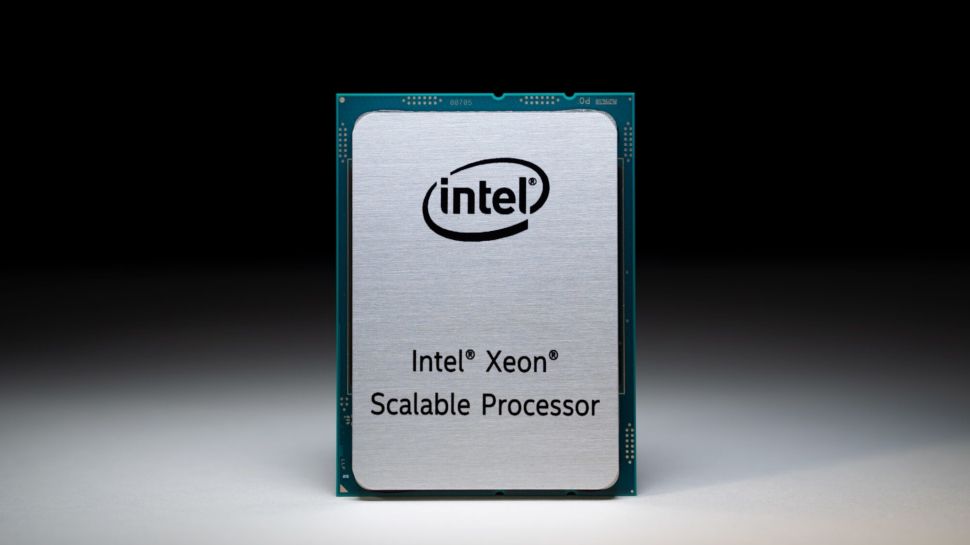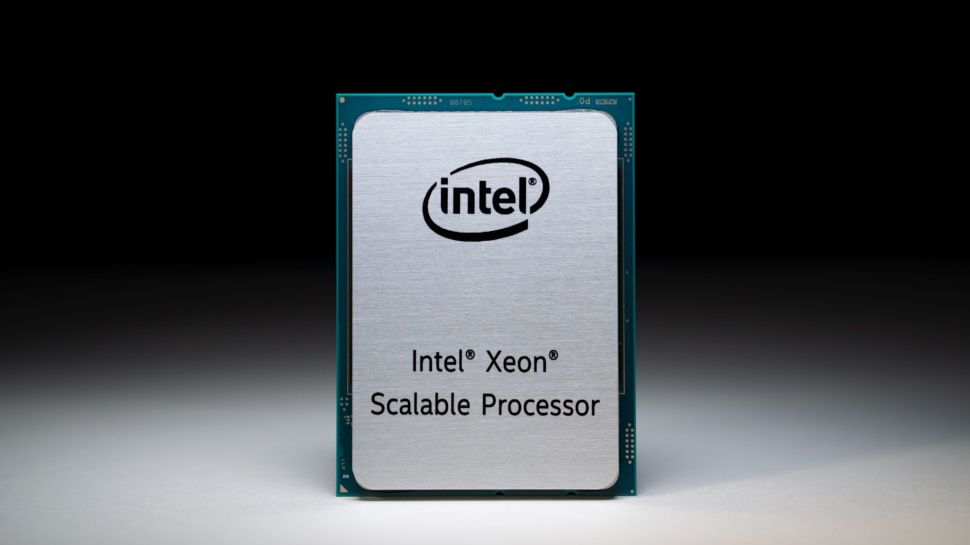
Intel has shared more details and some interesting performance data for its forthcoming third-generation Xeon Scalable “Ice Lake-SP” server processor.
Tom’s Hardware reports that as per preliminary tests by Intel at the Supercomputing 2020 virtual trade show, a server running two 32-core Ice Lake CPUs outperformed a machine based on two of AMD’s 64-core EPYC “Rome” processors, currently one of the fastest models in AMD’s portfolio;
Ice Lake-SP, Intel’s first server processor with 10nm technology, uses a brand new microarchitecture and a new platform to support increased memory bandwidth.
Numbers game
For a fair comparison, Intel pitted a server running two 32-core Xeon Scalable ‘Ice Lake’ CPUs clocked at 2.20GHz and paired with 256GB of DDR4-3400 memory against a server powered by two 64-core AMD EPYC 7742 processors clocked at 2.25GHz and equipped with 256GB of DDR4-3200.
The Ice Lake-SP equipped server outscored the AMD Rome 7742-powered server by about 20% to 30% as measured by several industry benchmarks including the LAMMPS, NAMD STMV, and Monte Carlo.
Intel credits the performance gains to the new Sunny Cove microarchitecture coupled with special-purpose accelerators and extended memory support on the new processors.
In addition to featuring up to 32 cores, the upcoming Ice Lake-SP will (finally) support PCIe 4.0 connectivity along with up to 6TB of DDR4-3200 memory using Intel Optane persistent memory technology.
The Intel Ice Lake-SP processors are scheduled to hit the shelves sometime in Q1 2021. Very interestingly, that’s the same time frame when AMD will launch its 3rd Gen EPYC processors as we’ve reported earlier.
So, while it’s good to see the 3rd generation Intel Xeon outscoring a 2nd generation AMD EPYC, the real test will be when the latest offerings from the two camps come out early next year.
Via: Tom’s Hardware
